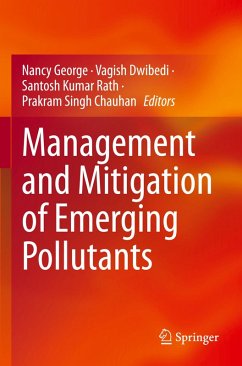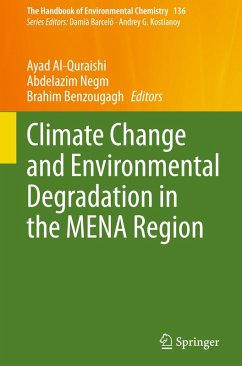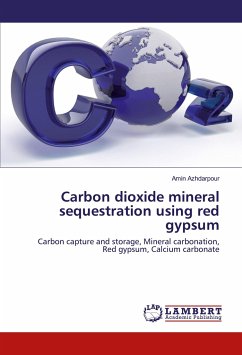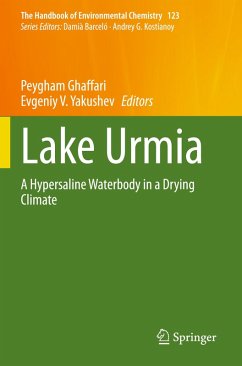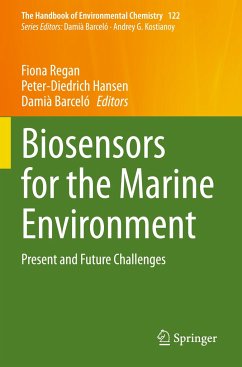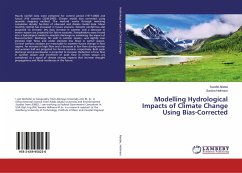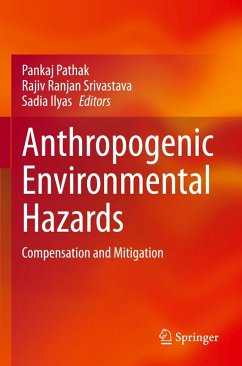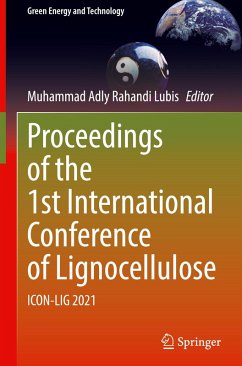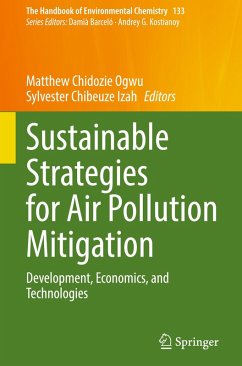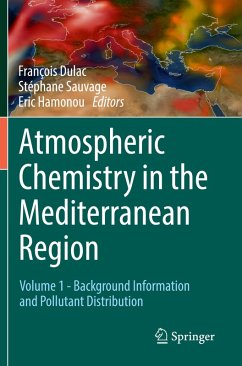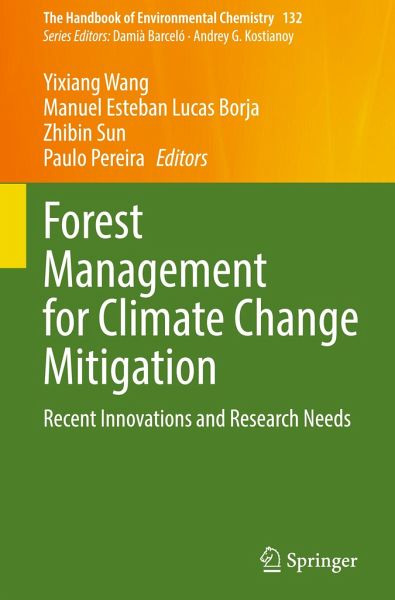
Forest Management for Climate Change Mitigation
Recent Innovations and Research Needs
Herausgegeben: Wang, Yixiang; Lucas Borja, Manuel Esteban; Sun, Zhibin; Pereira, Paulo

PAYBACK Punkte
106 °P sammeln!
This book reviews the most recent research on soil, vegetation, and ecosystems within forestry landscapes under the pressures of climate change. It also explores the interplay between climate change, forest ecology, and human interventions. Covering a diverse array of topics such as carbon sequestration, wildfire impacts, soil biogeochemistry, and methane emissions, the book incorporates scientific research and management strategies to provide a holistic understanding of the challenges and opportunities for forest management amidst climate change.In this book, readers will find the most up-to-...
This book reviews the most recent research on soil, vegetation, and ecosystems within forestry landscapes under the pressures of climate change. It also explores the interplay between climate change, forest ecology, and human interventions. Covering a diverse array of topics such as carbon sequestration, wildfire impacts, soil biogeochemistry, and methane emissions, the book incorporates scientific research and management strategies to provide a holistic understanding of the challenges and opportunities for forest management amidst climate change.
In this book, readers will find the most up-to-date afforestation and forest management techniques for controlling greenhouse gas (GHG) emissions and carbon sequestration in the forestry system. The readers of this book will gain a new perspective on forests by learning about new forestry techniques, forest vegetation change, natural and artificial disturbances, soil greenhouse gases, and soil chemistry, all while emphasizingthe critical relationship between Environmental Chemistry and Forestry.
Focusing on the practices of the Asia-Pacific Network for Sustainable Forest Management and Rehabilitation (APFNet) Projects, the book offers insights into practical approaches and solutions for addressing climate change within forest ecosystems and provides evidence-based recommendations for sustainable forest management and adaptation strategies.
This unique volume, which includes contributions from respected scholars, emphasizes the importance of interdisciplinary collaboration in addressing the complex challenges posed by climate change in forest ecosystems. It also aims to raise awareness among forestry researchers, officials, and policymakers about the growing importance of forest ecosystems as a result of global climate change.
In this book, readers will find the most up-to-date afforestation and forest management techniques for controlling greenhouse gas (GHG) emissions and carbon sequestration in the forestry system. The readers of this book will gain a new perspective on forests by learning about new forestry techniques, forest vegetation change, natural and artificial disturbances, soil greenhouse gases, and soil chemistry, all while emphasizingthe critical relationship between Environmental Chemistry and Forestry.
Focusing on the practices of the Asia-Pacific Network for Sustainable Forest Management and Rehabilitation (APFNet) Projects, the book offers insights into practical approaches and solutions for addressing climate change within forest ecosystems and provides evidence-based recommendations for sustainable forest management and adaptation strategies.
This unique volume, which includes contributions from respected scholars, emphasizes the importance of interdisciplinary collaboration in addressing the complex challenges posed by climate change in forest ecosystems. It also aims to raise awareness among forestry researchers, officials, and policymakers about the growing importance of forest ecosystems as a result of global climate change.



